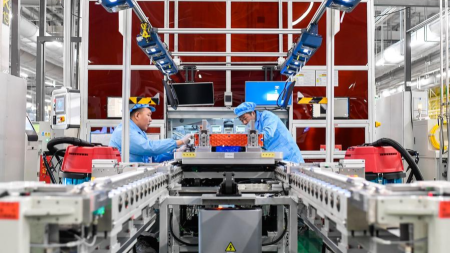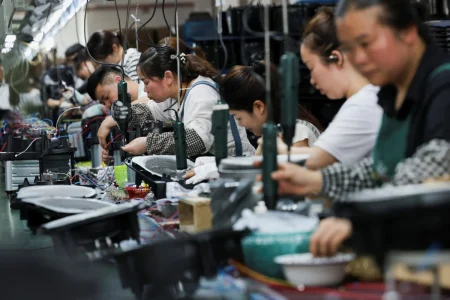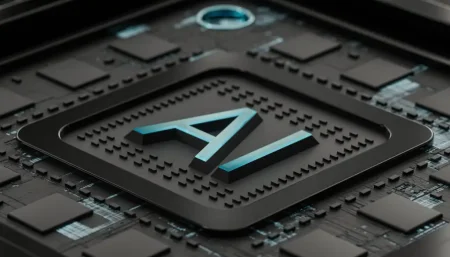TDK Corporation is preparing to transform smartphone batteries with its third generation of silicon-anode technology. These new batteries store 15 percent more energy in the same space compared to traditional batteries. This allows smartphone makers like Apple to create thinner phones without sacrificing battery life. TDK’s CEO Noboru Saito announced that shipments will begin by the end of June, earlier than planned. This means phone manufacturers might use these batteries in their new models sooner than expected.
The new batteries replace graphite anodes with silicon, which can hold more energy. This advancement is important as phone companies try to make slimmer devices while keeping good battery performance. TDK believes some manufacturers could add these batteries one generation earlier than planned, helping them meet consumer demands for thin and long-lasting phones.
This development comes as major smartphone brands push for thinner and smarter phones. Samsung recently introduced the Galaxy S25 Edge, which is 5.9 millimeters thick—30 percent thinner than its previous model. It also has improved cameras and AI features. Apple is preparing to launch the iPhone 17 Air, which may lead to even slimmer designs in future iPhones. Both Apple and Samsung are key customers for TDK and together contribute about 20 percent of its revenue.
Looking ahead, TDK plans to release a fourth generation of silicon batteries next year to stay competitive in the market. Mass production of these batteries is complex and requires special knowledge. While global smartphone production is expected to grow by 1 percent to 12 billion units this year, trade tensions, especially involving U.S. policies, could affect the industry. TDK has taken a cautious approach by presenting its annual outlook as a range.
TDK is also diversifying its production locations. Its battery division, Amperex Technology Ltd., has mainly operated in China, but a new factory in India will start production by September. Initially, the production capacity will be limited, but making silicon batteries on existing graphite battery lines is possible. This expansion aligns with other tech companies like Apple and Nintendo, which are also moving production outside China. TDK’s decision to split production between China and India depends on customer needs.
Consumers can expect thinner smartphones with longer battery life thanks to these new batteries. This innovation may push other battery makers to improve their technology and help phone manufacturers meet demand for powerful yet slim devices. TDK’s advancements and production expansion highlight how battery technology is evolving amid global market changes.














